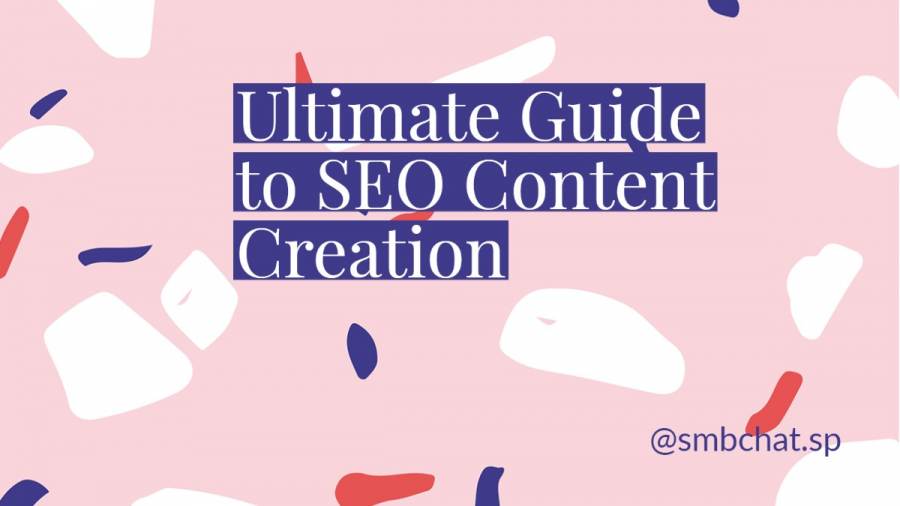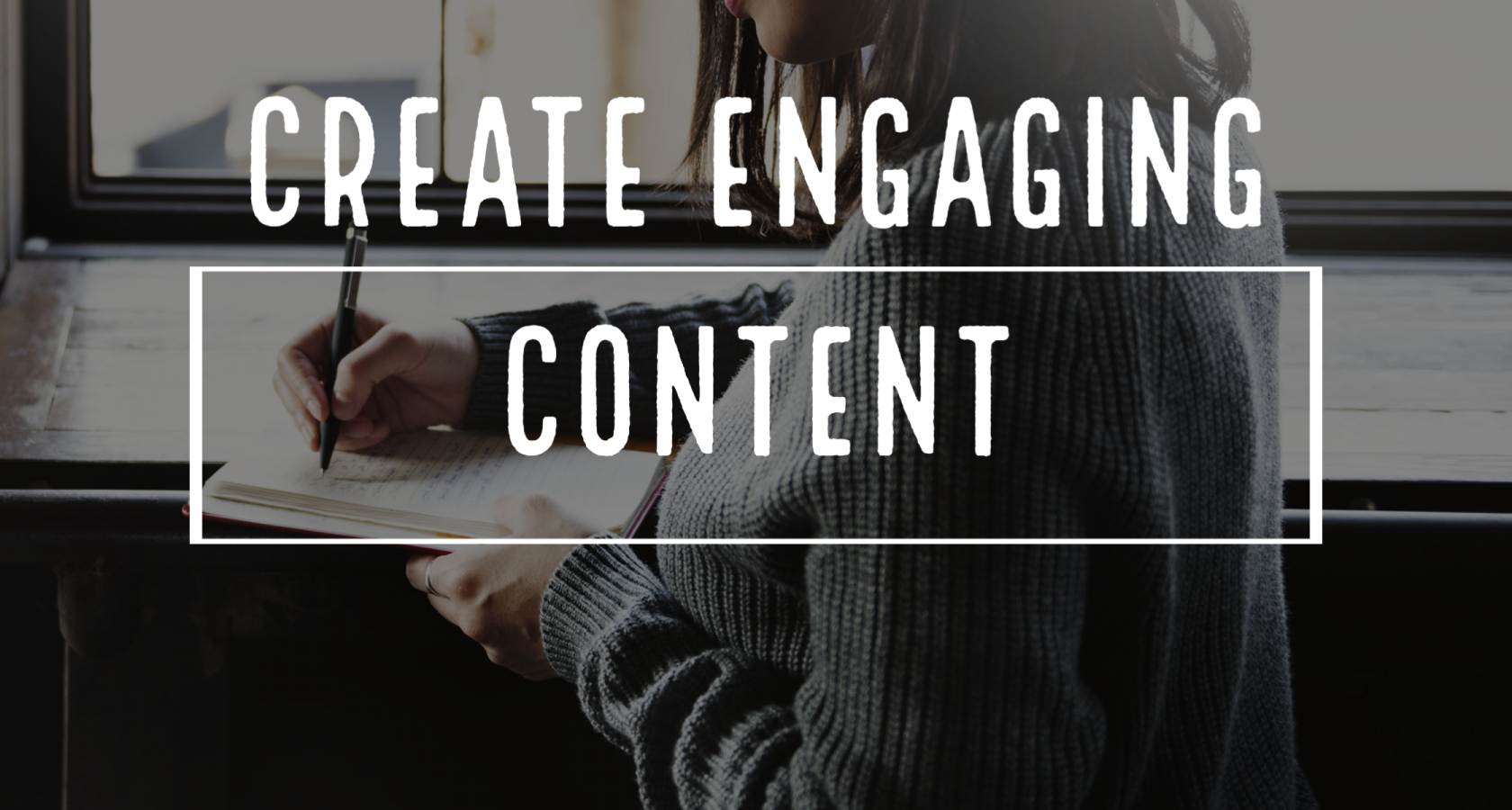What is Website Content? (Definition, Stats, and Plenty of Examples)
That’s how many searches happened through Google on the day this article saw the earthly lights. Overall, it’s estimated that 5.6 billion searches occur per day on Google.
All of these searches are by people who want to find information about products, services, or specific subjects. For instance, you searched on Google when you wanted to find out if The Rookie, starring Nathan Fillon, would be renewed for a fifth season. (If you’re wondering, yes, there’s a fifth season coming!)
When you want to learn how to write better work reports, you turn to Google as well. Date a girl? Best Father’s day gift that isn’t a watch? Apologize after messing up? You’ll almost always use Google to find the answer.
At the heart of all these searches is website content.
Website content is the food on the internet. It’s what consumers of any type and place seek to devour daily.
But we’re getting ahead of ourselves.
What exactly is website content?
Website content consists of the textual, aural, and visual information on a website. Everything from blog posts to embedded videos to recorded audio is website content.
Website content is a broad definition of all the content you can find on a website.
Why is Website Content Important?
Website content has one main goal: To help generate sales and, ultimately, revenue for your business. Let’s break down this function into more specific roles of website content.
Tell your brand’s story
How do you learn about a brand?
You look at their brand pages, such as about us pages, history, teams/ people pages, and their home page. Without these critical website pages, it would be difficult to find information about a company.
That’s unless you own a business directory or read the morning paper. Even with these two traditional options, you will not have conclusive information about a business or its services.
Promote your product
Blogs, videos, and podcasts are all pathways to promoting businesses. If you want to learn about a particular product feature, you’ll head over to their product page and read a couple of their blog posts.
Over the last few years, promoting products through website content has increased because it's cheaper, and more people are developing a love-hate relationship with ads. However, promoting your products through website content calls for SEO-optimized content that strikes a chord with your target audience. You can start with these 11 website optimization tips.
Share brand news
Most companies use their blogs or news pages to share news about new members, acquisitions, and business development.
Educate your prospects
With website content, you can educate your customers about your products and the latest industry news. Educating customers is an optimal way to retain and attract prospects when you consider that 96% of people have watched an explainer video to learn more about a service or product.
Categories of Website Content and their Uses
Remember, we said that website content is a broad category. Under this humongous category are three classifications most common on the web today. Let’s break them down.
Written Content
Written content is the most popular category of website content. Under this category, you will find:
- Blog posts
These are used to educate the customers and prospects. Here at Zoey, we use a ton of blog posts to let you in on the latest content marketing tips and news. Below are some examples of our super helpful posts:
- The Ultimate Guide to Creating Content Clusters
- SEO Examples to Take You Inside The Mind of Google’s Algorithm
- When An Epic Product Isn’t Enough: 11 Product Description Design Inspirations and Examples
- 8 Golden Rules to Follow When Creating Website Content
The article you are currently reading is another example. The aim of writing the post is to educate you on what web content is and to let you know that we can help you create outstanding, attractive, and sales-driving website content.
- Landing pages
Landing pages are like a salesperson’s one-pager or product USP sheet, but they live online. The sole focus of the landing page is to make you buy into a solution. Some landing pages are long-form, while others are fewer than five hundred words.
- Service pages
The service pages describe in detail a company’s key products or services. Like landing pages, the service pages focus on getting people to buy.
Here’s one example of our service pages: Blog writing services
- FAQ page
This is the page where customers and prospects go to find specific answers about a product. We have a complete guide on how to write the FAQ page for your blog. Plus, there’s this FAQ page examples to guide your own.
- Downloadables
Downloadables is not the official name, but it seems like an easy way to categorize research reports, ebooks, whitepapers, and other pdf guides. Essentially, this is the website content that users have to pay or leave their email addresses to access.
Here’s an example of a gated ebook from Gartner’s research.
- Case studies and testimonial pages
Here’s where prospects can find all the praises that existing and previous customers heap on you.
The case study or testimonials page is one of the areas on your website where you’re permitted to toot your own horn without shame or irritating website visitors.
- Brand pages
Brand pages categorize all the about us pages, team pages, history pages, and corporate values pages. They detail who a brand is, what it does, and the brand’s USP. Check out some of the most inspiring about us pages.
Audio Web Content
Audio is the second category of web content. Audio web content popularly comes in the form of podcasts. Although a little is less common, podcasts are gaining momentum.
Typically, podcasts are usually downloadable through Apple and Spotify, but most websites also embed their podcasts into websites to increase distribution.
We also have audio recordings of blog posts which is a way to cater to the visually impaired and also those who want to find information on the go.
If you’re wondering whether to start a podcast related to your brand’s products and services, there has never been a better time. In 2021, there were 2 million active podcasts.
More impressively, a whopping 28% of Americans listen to podcasts. That’s 80 million Americans thereabout. Most likely, you can find a nice, fat percentage of your prospects in the 80 million.
You can create a successful podcast surrounding your brand and its products and services. For instance, ProfitWell has a fantastic podcast for CROs, CEOs, CSOs, and sales professionals in B2B SaaS. This podcast augurs well with their products which cater to B2B SaaS businesses.
That said, here are the most popular podcast genres in the US;
Visual Web Content
Visual content, especially Youtube videos, has been giving blog posts a run for their money. However, when used with blog posts, visual content can create a great user experience while helping customers and prospects access all they need to know about a brand or its products.
Visual content primarily consists of images, graphics, and videos.
But out of the three categories(written, audio and video), the written content plays the biggest role in SEO. Videos and images take a more complementary role but are key to successful marketing campaigns.
For example, 43% of B2C marketers cite pre-produced videos as the most effective form of marketing.
Source: Venngage
In addition, videos were the number one format marketers used in 2021 for their marketing strategies. (As many as 70% of marketers).
Although videos are quickly rising as the preferred content marketing format, blog content still has significant use in the marketing and promotion of brands.
Hence, creating compelling, engrossing, and SEO-optimized content should still be a priority for any company with an online presence.
But Creating Drool-Worthy Content is Too Much Work?
Yes, businesses are spending more time(and money) creating marketing content. We can attribute this dedication to consumers’ increasing demand for quality. So, if you’re a one-person team entrepreneur, a startup with too much on its plate, or a large company expanding into new markets quickly, creating content on your own can take a lot of time.
But, one of the perks of living in a digitally enabled world is that you don’t have to do everything on your own.
You can simply hire a writing agency like Zoey Writers for website content creation, and we can collaborate to make your next content marketing campaign a hit with your customers and prospects.
Not sold yet? Shoot us a quick message, and we can explain in greater detail. Or, if you prefer calls, our lines are always open.
Photo by Dominika Roseclay on Pexels. Thank you, Dominika:-)

















